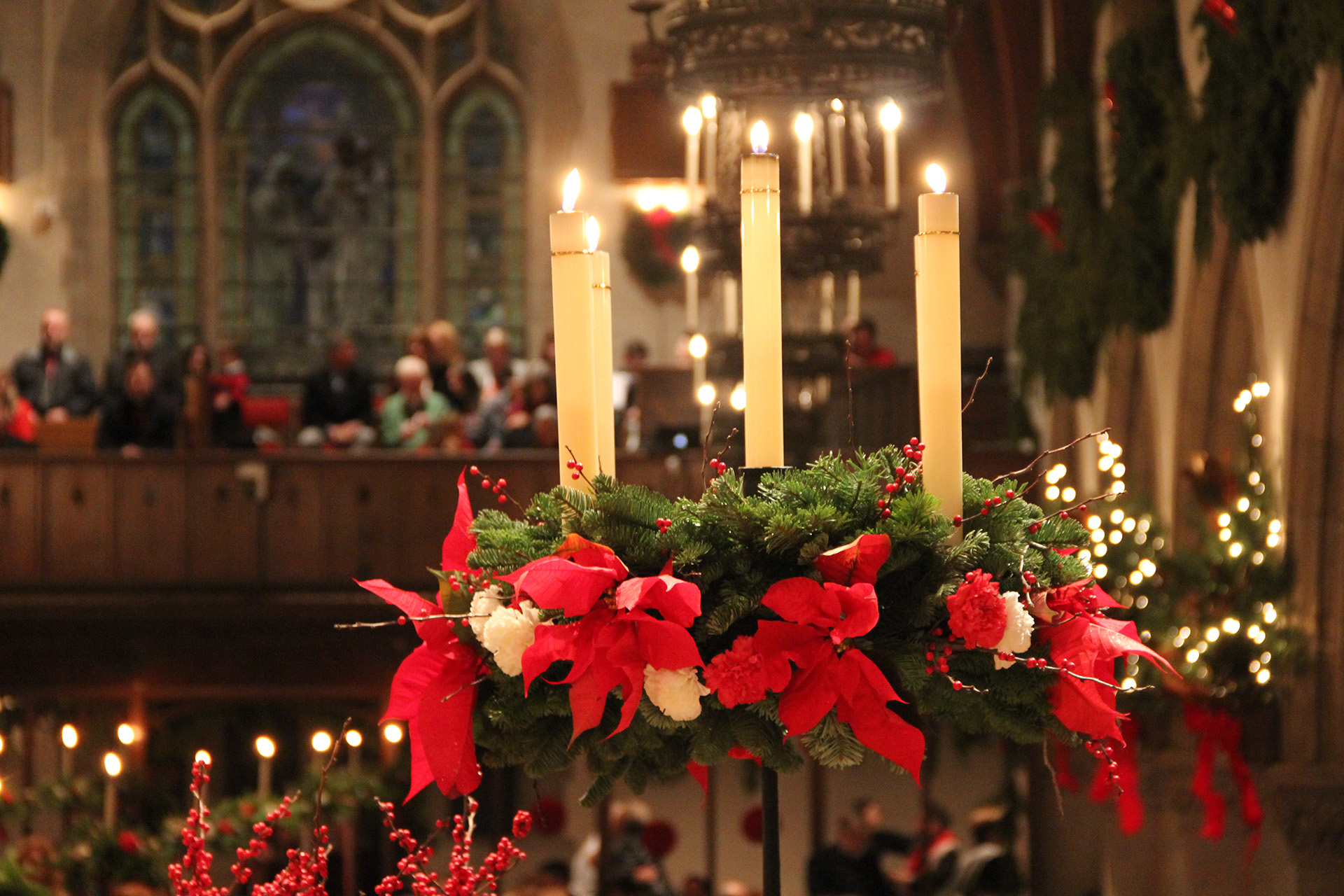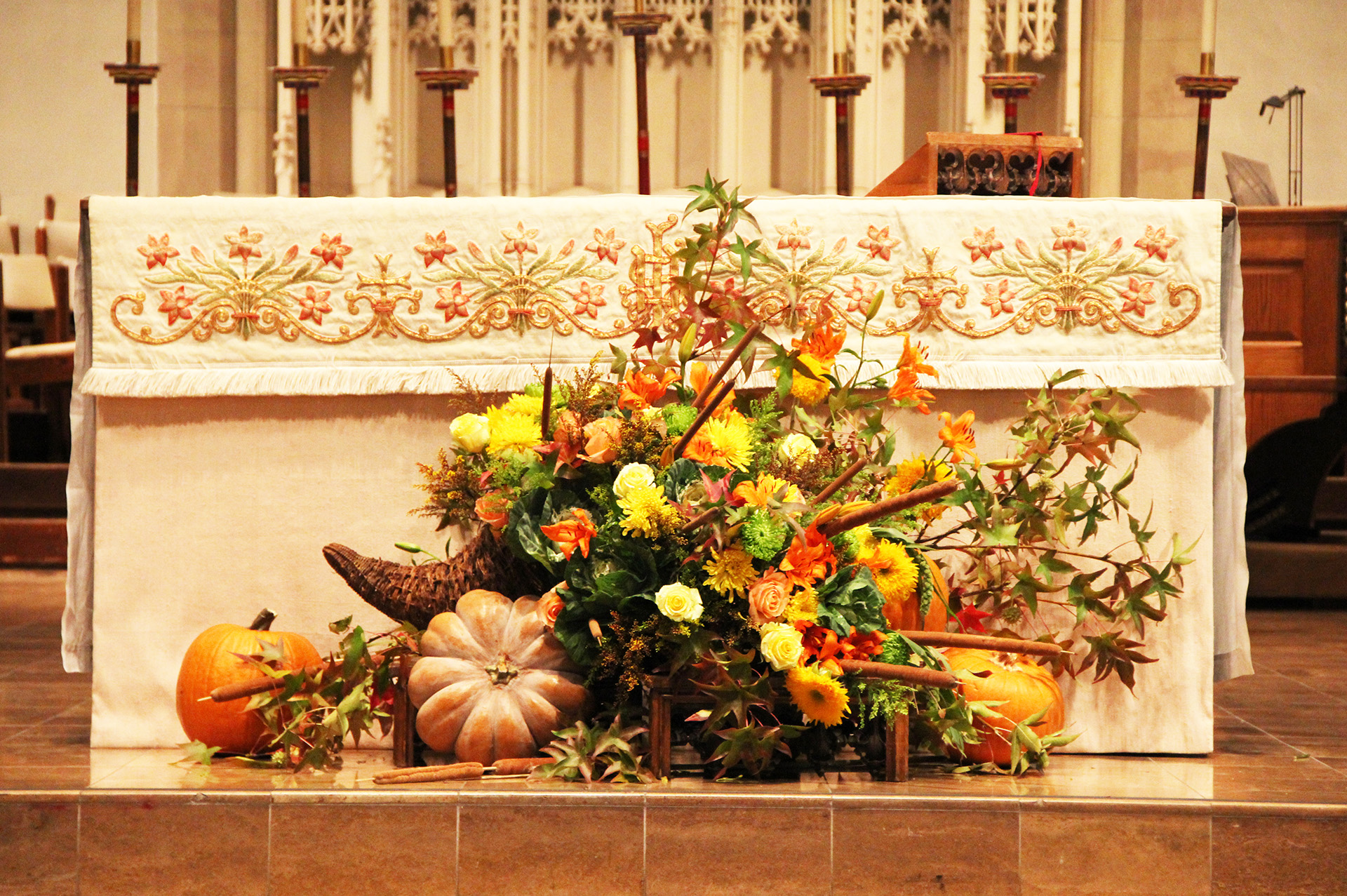by Susan Russell, Senior Associate for Communication at All Saints, Pasadena and a Deputy to General Convention from the Diocese of Los Angeles
 On February 28th the Reverend Gay Clark Jennings — President of the Episcopal Church’s House of Deputies (PHOD) — announced the formation of a forty-seven member panel to draft legislation on sexual harassment and exploitation for this summer’s General Convention. From the announcement:
On February 28th the Reverend Gay Clark Jennings — President of the Episcopal Church’s House of Deputies (PHOD) — announced the formation of a forty-seven member panel to draft legislation on sexual harassment and exploitation for this summer’s General Convention. From the announcement:
“In January, Presiding Bishop Curry and I called the church to examine its history and end the systemic sexism, misogyny and misuse of power that plague the church just as they corrupt our culture, institutions and governments,” Jennings said. “We asked Episcopalians to consider what roles each of us is called to play in the church’s collective repentance.”
Since then, she says, scores of women from across the church have contacted her. “On Facebook, via email, by phone and in person, women have been in touch to share their stories and let me know that they want to be part of changing the church’s culture on these issues. I am delighted to harness their energy by appointing this committee.”
The group, which Jennings will chair, is divided into five sub-committees that arose from ideas that women contributed to a Facebook discussion on the House of Deputies page in late January. One group will draft legislation concerning theology and language, while others will address issues of structural equity including pay and benefits, the Title IV disciplinary process, and social justice for women. In response to the presiding officers’ call for the church to examine its history, a sub-committee will draft legislation proposing the creation of a truth and reconciliation process.
The convening of the committee in general — and the fact that all forty-seven members are women in specific — drew various responses from the Episcopal Church at large. Our own rector Mike Kinman wrote:
My heart is full and dancing as I read through the list of amazing women who have accepted the call to serve on the Special Committee on Sexual Harassment and Exploitation. What an incredible list! The subcommittee on Theology and Language alone has me wishing I could just be there and sit in a corner and soak up the wisdom! … I cannot wait to follow the leadership of this group in addressing with honesty and integrity the sin of sexual harassment and exploitation in our church — and the opportunities to move into powerful new places together.
Others asked … in various forums and contexts … the following question:
I find it curious that there do not seem to be any men at all on the committees. Did I miss a name? Can anyone speak to this? I mean, on one level I get it but I just wondered if anyone could talk about the thinking behind this.
Because I thought that was a totally reasonable question — and because I’ve had a bunch of cooperative communication training that encourages asking direct questions of people who actually have answers to them — I contacted PHOD Jennings’ office and asked if there was an answer to the question.
There was. And I quote:
“Some people have asked why there are no men on this committee. Issues of sexual exploitation, harassment and abuse have festered in the church for decades, and that provides us ample evidence that a business-as-usual approach is not going to work. I appointed people who have passion and expertise on these issues and who were willing do a lot of work in a short time.
There are no men in the church who have demonstrated significant public leadership on these issues, and of the many people who volunteered to serve on this committee, none were men.
All of the special committee’s resolutions will be referred to bishop and deputy legislative committees at General Convention and must pass both houses before they would take effect. The House of Deputies is nearly half male and the House of Bishops overwhelmingly so, so men will have ample opportunity to be a part of the solution to sexual harassment and exploitation in the church.”
The charge to this panel in general and to their sub-committees in particular is huge and daunting and timely and way-past-time and courageous and overwhelming and encouraging … and it makes me deeply proud to be part of a church willing to defy conventional wisdom and to tackle festering, systemic challenges with approaches that transcend “business-as-usual” and lead us into new territories of hope and healing.
Do keep this important work in your prayers … not only as we prepare for General Convention but as we look beyond to a future where the systemic sexism, misogyny and misuse of power that plague the church is part of the history we study and no longer part of the reality we live. We can be the change we want to see.



